Weifang Nuote Environmental Technology Co., Ltd. is located in Weifang City, Shandong Province. It is subordinate to Lianyungang Nuoxin Food Ingredients Co., LTD. The company has three production bases and two sales companies: Lianyungang Nuoxin Food Ingredients Co., Ltd. and Jiangsu Tensent Food Technology Co., Ltd. are both food additive production bases, Weifang Nuote Environmental Technology Co., Ltd. is fertilizer production base. All products are sold through Lianyungang Hant Import & Export Trading Co., Ltd. and Hong Kong company (GREEN CONCEPT CORPORATION LIMITED). Nuote Environmental Technology mainly produces and operates granular ammonium sulfate, granular ammonium chloride, granular potassium chloride, urea, compound fertilizer, calcium acetate, potassium formate, potassium acetate, magnesium sulfate, soil conditioner containing nitrogen, phosphorus and potassium, etc. We are committed to the production of high-quality fertilizer products, sincerely willing to establish long-term cooperative relations with friends at home and abroad!
production, and sales
The company has strong strength, with
three production bases and two sales
companies under its management
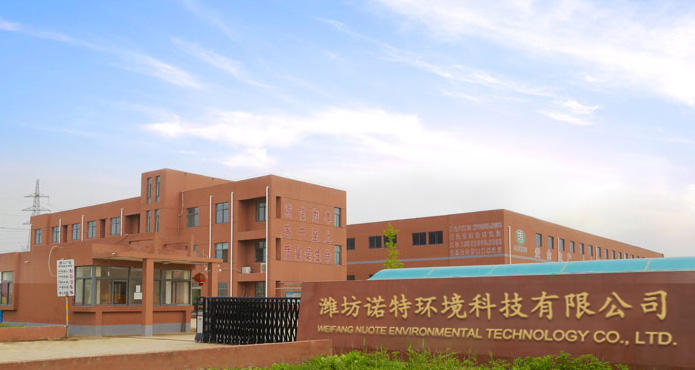
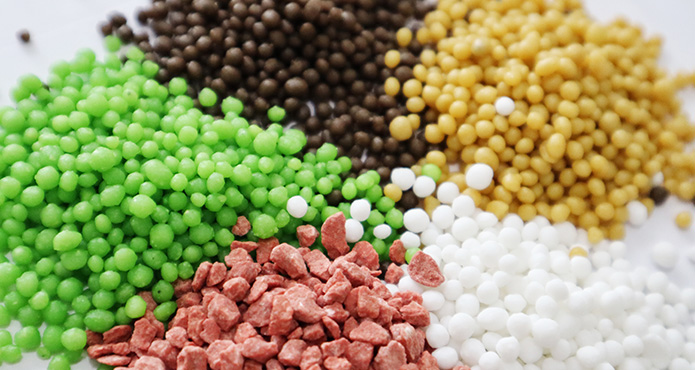
with discounted product prices, years
of production experience, and a
complete range of products
policy of "building reputation with quality
and occupying the market with integrity"
We have a comprehensive after-sales service
team to promptly solve your problems
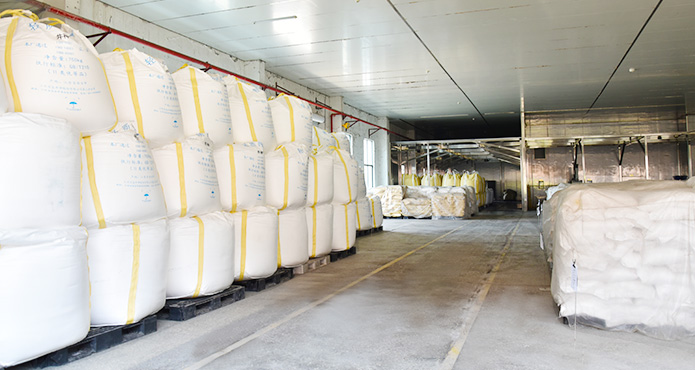
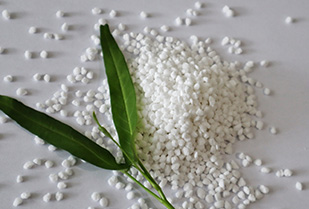 What specific role does soil conditioner play? What are the common types?
2023-07-12
What specific role does soil conditioner play? What are the common types?
2023-07-12
SoilConditioner, a soil conditioner, is a product made from agricultural water retention agents and natural peat or other organic substances rich in organic matter and humic acid as the main raw materials, supplemented by bioactive ingredients and nutrient elements. It is processed through scientific processes and has extremely significant soil conditioning properties such as water retention, fertilization, and breathability.
It can break soil compaction, loosen soil, improve soil permeability, reduce soil bulk density, promote soil microbial activity, and enhance soil fertility and water permeability; It has the functions of improving soil, controlling deserts, maintaining water and drought resistance, enhancing crop disease resistance, increasing crop yield, improving the quality of agricultural products, restoring the original ecology of crops, and significantly increasing the survival rate of tree planting and agricultural product yield; Improve the quality of agricultural and forestry products and restore their natural appearance.
Any material primarily used to improve the physical, chemical, and biological properties of soil, making it more suitable for plant growth, rather than primarily providing plant nutrients, is called a soil conditioner. For example, applying lime to adjust the pH value of acidic soil, applying gypsum to suppress Na+, HCO3-, and CO32- ions in the soil, and applying beneficial microorganisms to improve soil biological activity. However, due to the large amount of materials used to improve Soil structure, it is customary to equate Soil structure modifier with soil conditioner.
There are many types of soil amendments: minerals, mainly peat, lignite, weathered coal, lime, gypsum, vermiculite, bentonite, zeolite, Perlite and sepiolite; Natural and Semisynthesis water-soluble polymers, mainly including straw, polysaccharide, cellulose, lignin and resin gum; Synthetic polymer compounds, mainly polyacrylic acid, vinyl acetate maleic acid and polyvinyl alcohol; Beneficial microbial preparations, etc.
Soil improvers are anionic and high molecular weight polyacrylamide polymers, which bind many small soil particles to form large, water stable aggregates. Widely used in preventing soil erosion, reducing soil moisture evaporation or excessive transpiration, saving irrigation water, and promoting healthy plant growth.
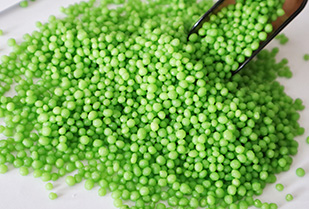 The soil conditioner manufacturer tells you how to prevent fertilizer from interfering with each other
2023-07-12
The soil conditioner manufacturer tells you how to prevent fertilizer from interfering with each other
2023-07-12
1、 Try to achieve balanced fertilization as much as possible
Applying excessive or biased application of elemental fertilizers to crops not only wastes fertilizers, increases production costs, but also easily leads to a lack of certain or other nutrients.
When fertilizing, it is necessary to ensure that the amount of fertilizer needed is equal to the amount of input, without compromising the balance of many nutrients, based on the different fertilizer structures of crops and the soil's fertilizer supply capacity. This way, peace can be achieved.
2、 In addition, it is necessary to increase and decrease the demand for various nutrients according to the proportional relationship between different crops
Compared to elemental fertilizers, the proportion of nutrient elements in compound fertilizers or compound fertilizers is relatively appropriate and coordinated.
Therefore, compound fertilizer should be used as the main fertilizer, supplemented by simple fertilizer. For example, for crops with large potassium demand such as vegetables harvested from tubers and tubers, Potassium sulfate simple fertilizer can be properly added as a supplement on the basis of sulfur based compound fertilizer.
3、 Staggered application period or application site
If zinc fertilizer and phosphorus fertilizer are mixed, they will inevitably produce "mutual inhibition". Therefore, phosphorus fertilizer should be used as base fertilizer or base fertilizer, while zinc fertilizer should be used as topdressing. Large amounts of elemental fertilizers such as nitrogen, phosphorus, and potassium should be mainly applied in the rhizosphere, while micro fertilizers should be applied through foliar spraying.
4、 Reduce contact range
Nitrogen and potassium fertilizers can be applied by spraying; Phosphate fertilizer can be applied in a centralized manner; Micro fertilizers can be used by mixing seeds, soaking seeds, dipping roots, and other methods to limit trace elements to the small range of roots and minimize contact with large amounts of elements.
Soil conditioner refers to the materials added into the soil to improve the physical, chemical and biological properties of the soil, which are used to improve the Soil structure, reduce the harm of soil salinity, adjust the soil pH, improve the soil water status or repair contaminated soil.
Soil conditioner regulates soil pH and reduces soil alkalinity. Reduce soil salinity and improve Soil structure. Improve the microbial environment and increase nutrients. The commonly used microbial agents, such as Phosphogypsum, Wood ash and activated carbon, are all soil conditioners.
Soil conditioning mainly refers to the action of improving soil through physical, chemical, or microbial means. The commonly used microbial agents, such as Phosphogypsum, Wood ash and activated carbon, are all soil conditioners. Soil conditioner is a material added to soil to improve its physical and/or chemical properties, as well as its biological activity. We use quicklime, purple sand soil, etc. to regulate soil acidity.
Commercial soil conditioners are mostly composite formulations, and a certain type of conditioner has multiple characteristics and functions at the same time. Its main function is to improve soil barrier factors, while also taking into account soil fertility, plant nutrition, and even microbial conditions. A small amount of fertilizer or microbial agents are added.
In recent years, new soil conditioner products have been constantly introduced. Before purchasing, it is necessary to carefully understand the authenticity and characteristics of the products, and carefully follow the instructions when applying them.
Soil acidification refers to the phenomenon that the soil ph gradually decreases on the original basis, which is a process in which the hydrogen ions in the soil gradually increase and the exchangeable base gradually decreases. Soil acidification is a common natural process in the process of soil formation and development. It is understood that acidification is common in vegetable soil, especially in greenhouse vegetables. With the increase and accumulation of fertilizer use in greenhouse, Soil acidification is more serious. When investigating the soil of greenhouse vegetables, it is often found that Soil acidification is very serious. The soil ph in most greenhouses is lower than 4.5, and some even lower than 3. In the same greenhouse, it can be clearly seen that the soil ph in the root of plants with good growth is greater than that in the root of plants with poor growth.
Wood ash is a potassium fertilizer and soil loosening agent, which can improve the drought resistance of fruit trees, make their branches and leaves green, enhance photosynthesis, reduce the fall of flowers and fruits, make flowers and fruits colorful, and improve the quality of fruits. At the same time, it is also the bane of fruit tree diseases and pests, which can prevent early defoliation and prevent fruit tree root rot. The method to prevent and control root rot of fruit trees with Wood ash is to loosen the soil beside the root of fruit trees, gently remove the rhizosphere soil, expose the root system, scrape the diseased skin on the root with a knife, air the root for 2-3 hours, sprinkle fresh Wood ash around the diseased root, cover the soil and bury the root. After such treatment, the root rot can be eliminated, and the normal function of fruit trees to absorb water and fertilizer can be restored.
Chinese medicinal herbs such as peony, atractylodes macrocephala, white peony, codonopsis pilosula, platycodon grandiflorum, bupleurum, scutellaria baicalensis, pinellia ternata, ophiopogon japonicus, and lilies can be intercropped between rows of young fruit trees, or intercropped with peanuts, soybeans, mung beans, red beans in summer, and cabbage, carrots, cabbage, garlic, and radishes in autumn and early spring. This not only increases the economic income of the orchard, but also accelerates soil maturation, reduces surface water and fertilizer loss, and promotes fruit tree growth, Realize the combination of land use and land cultivation to achieve the goal of short term growth.
For a long time, the Soil structure has been damaged due to the excessive application of chemical fertilizers, especially the partial application of certain types of chemical fertilizers. In addition, the increase of multiple cropping index, mechanical rolling, human and animal trampling, and unreasonable farming have made the soil more hardened, the permeability of the soil worse, the coordination of water, fertilizer, air, and heat is difficult, the root system of fruit trees is underdeveloped, the utilization rate of fertilizer is reduced, soil borne diseases are serious, and the ability to maintain water and resist drought is reduced, Poor growth and low yield of fruit trees result in high investment and low returns for fruit farmers. Applying bio bacterial fertilizer manufacturers' fertilizers can improve the soil environment of orchards.
(1) Content: Ammonium chloride, abbreviated as ammonium chloride, has a nitrogen content of 24% to 25%; Ammonia produced by the synthetic ammonia industry is linked to the alkali industry.
(2) Properties: ① Good physical properties, slightly higher moisture absorption than ammonium sulfate. ② Easily soluble in water, fertilizer aqueous solution exhibits acidic reaction Stable chemical properties, non volatile and non decomposing.
(3) Application: ① Suitable as base fertilizer and topdressing, not as seed fertilizer. ② Suitable for long-term application in rice fields. Because: ① Cl - in paddy fields is prone to leaching and will not cause harm to the soil. ② The presence of Cl - in the soil can inhibit the activity of Trichobacterium nitrite, thus inhibiting the Nitrification of NH4+into NO3- in the soil, and reducing the leaching of NO3-. ③ Avoid using chlorine crops to avoid affecting crop yield, especially quality. If fertilizer containing Cl - is applied, it should be applied early before sowing to prevent Cl - from leaching out. ④ Suitable for cotton and hemp crops. The presence of Cl - is beneficial for the accumulation of carbohydrates in the aboveground, increasing the strength and length of fibers. ⑤ Under alkaline conditions, ammonia volatilizes and loses nitrogen. Therefore, it cannot be mixed with alkaline substances for storage and application. ⑥ It belongs to physiological acidic fertilizer. Due to selective absorption by crops, it can cause environmental acidification. After ammonium chloride is applied to the soil, its impact on the soil is greater than that of ammonium sulfate. Long term application can enhance soil acidity and cause significant leaching of Ca2+, as the solubility of CaCl2 is greater than that of CaSO4. Large amount of ammonium chloride (especially acid soil) shall be applied with lime and Organic fertilizer. ⑦ Apply deep soil cover, especially on calcareous soil.



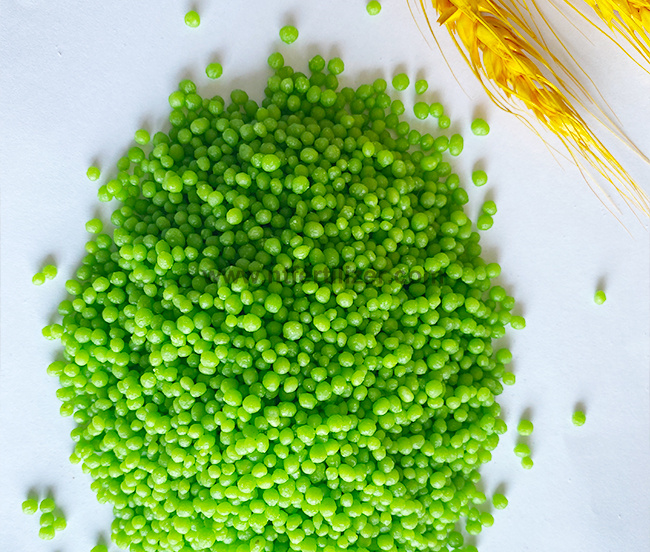 soil conditioner
soil conditioner 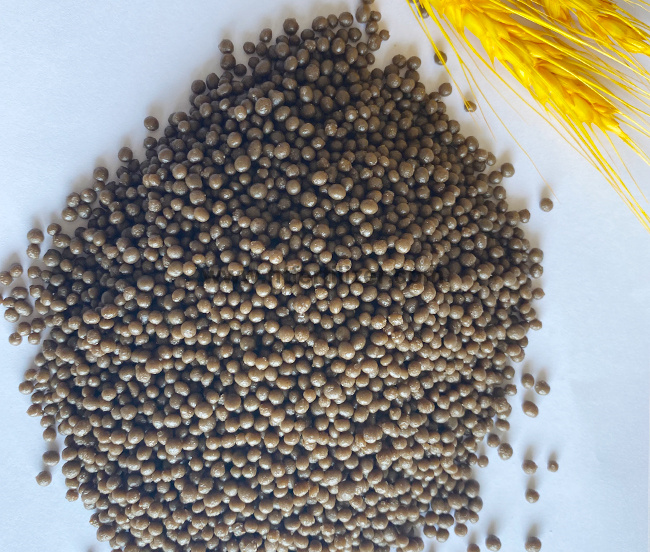 soil conditioner
soil conditioner 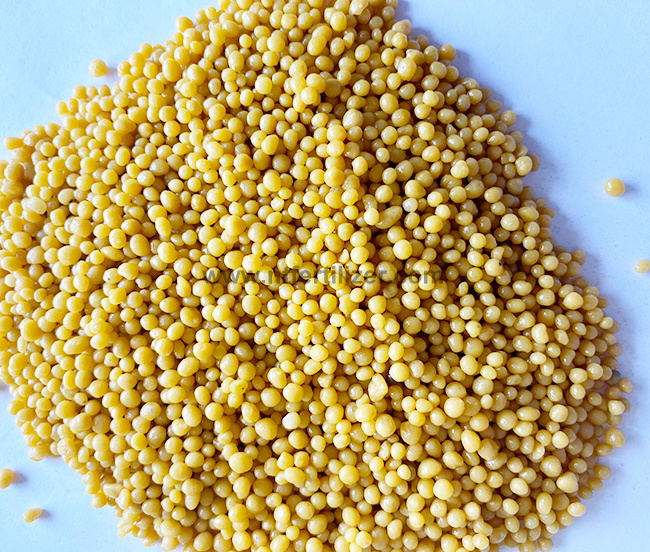 soil conditioner
soil conditioner 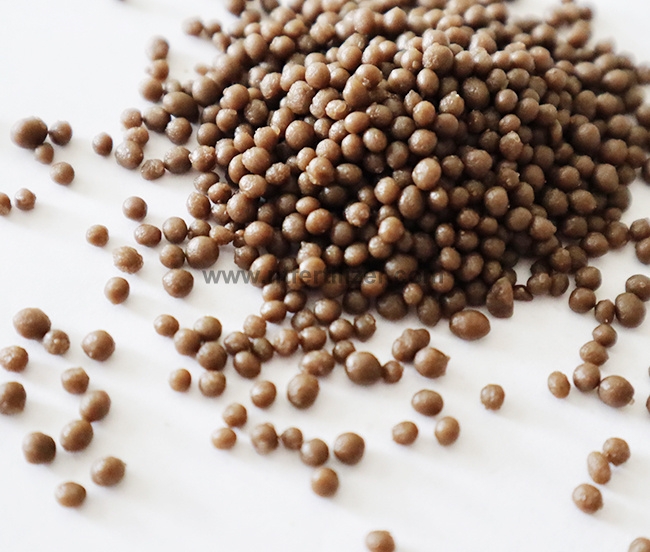 soil conditioner
soil conditioner 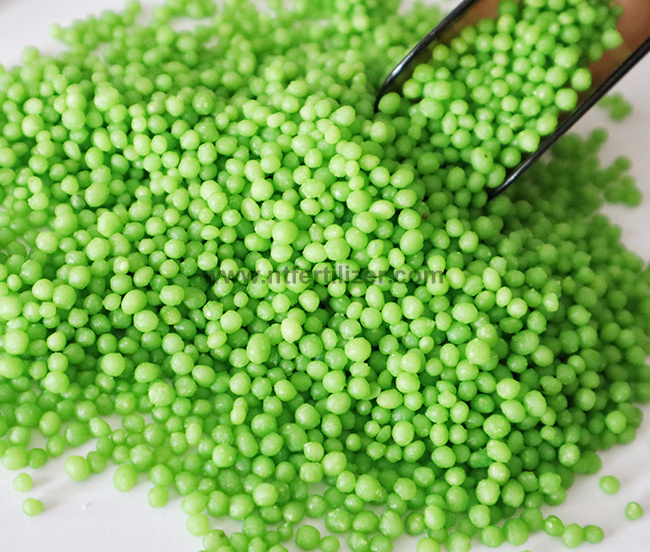 soil conditioner
soil conditioner 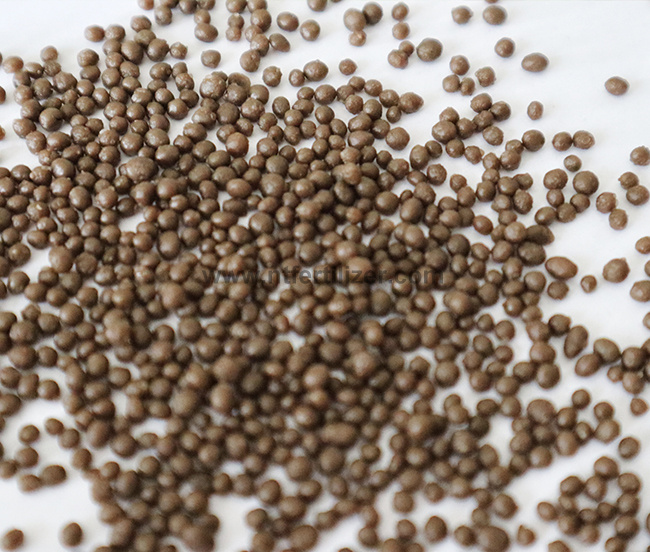 soil conditioner
soil conditioner 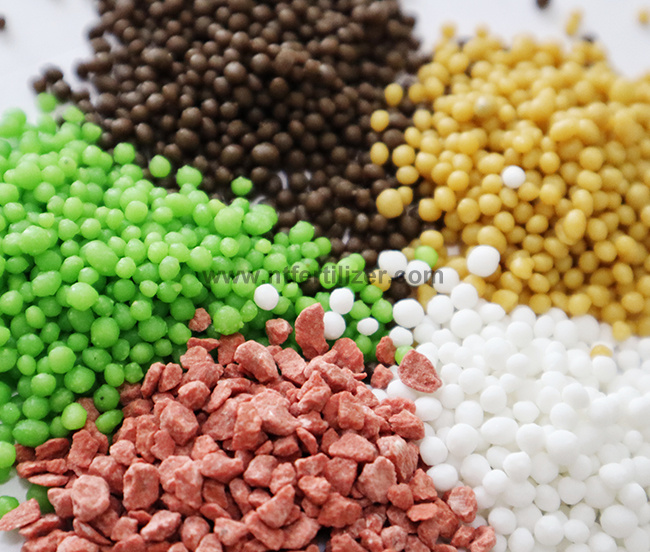 soil conditioner
soil conditioner 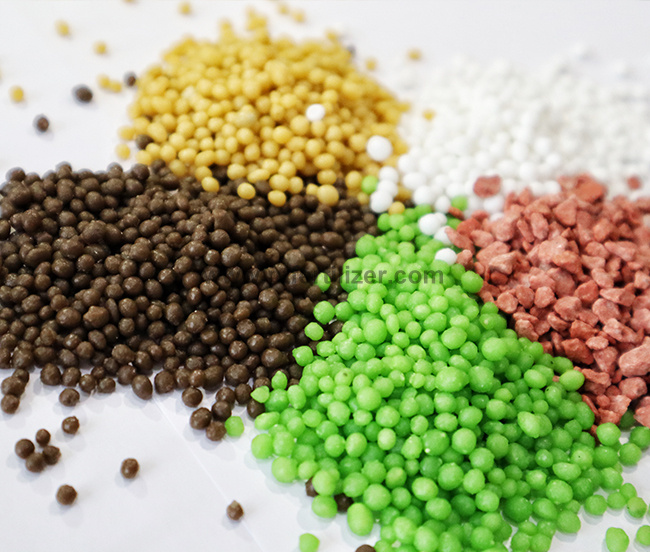 soil conditioner
soil conditioner 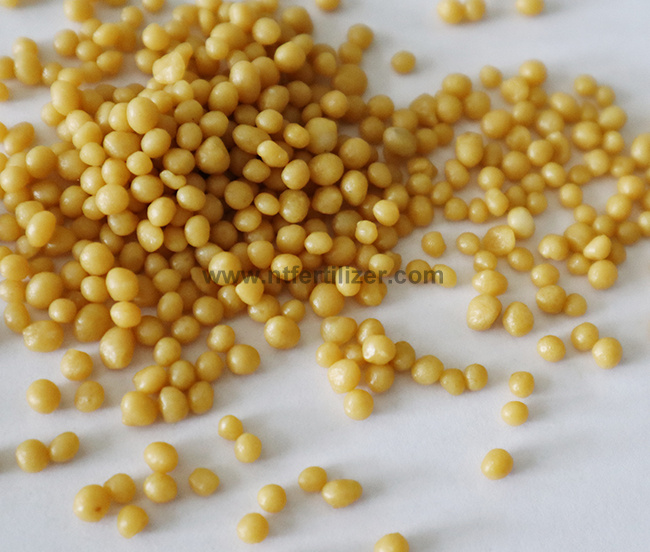 soil conditioner
soil conditioner 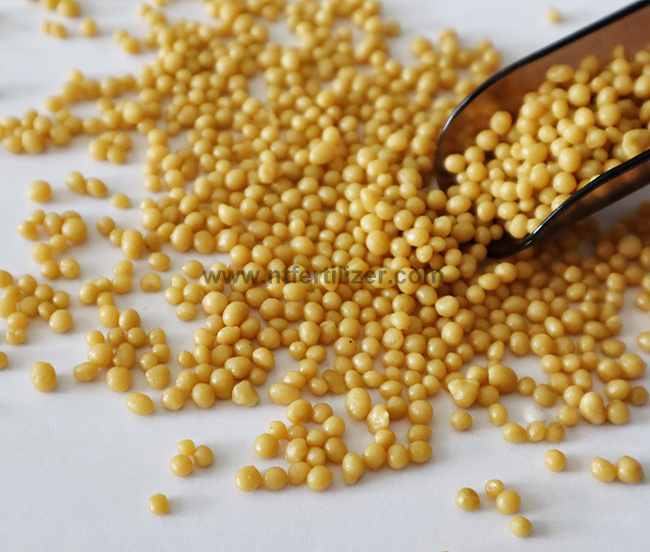 soil conditioner
soil conditioner 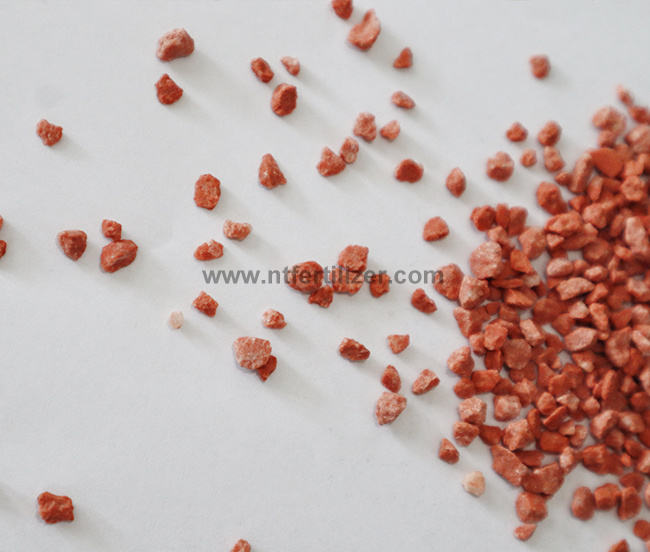 potassium chloride
potassium chloride 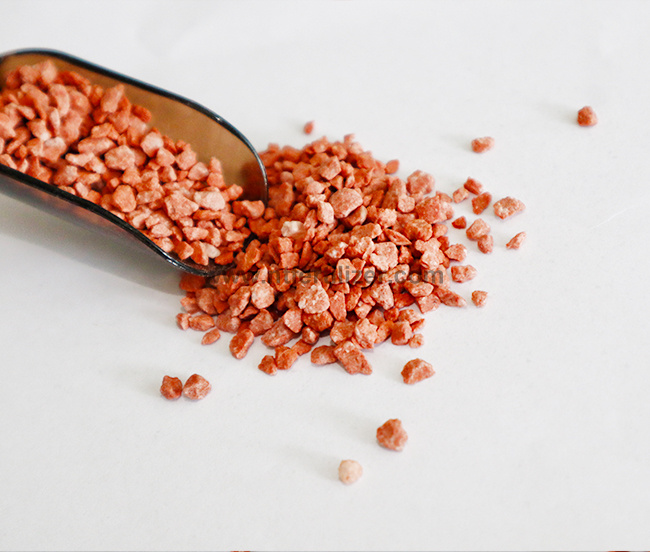 potassium chloride
potassium chloride 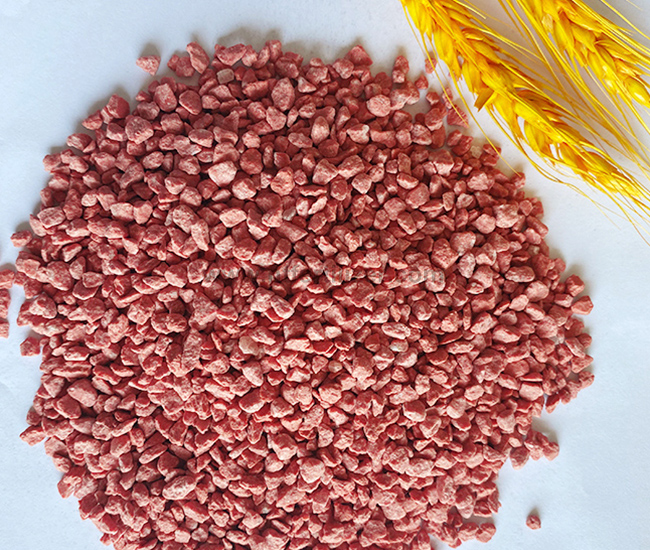 potassium chloride
potassium chloride 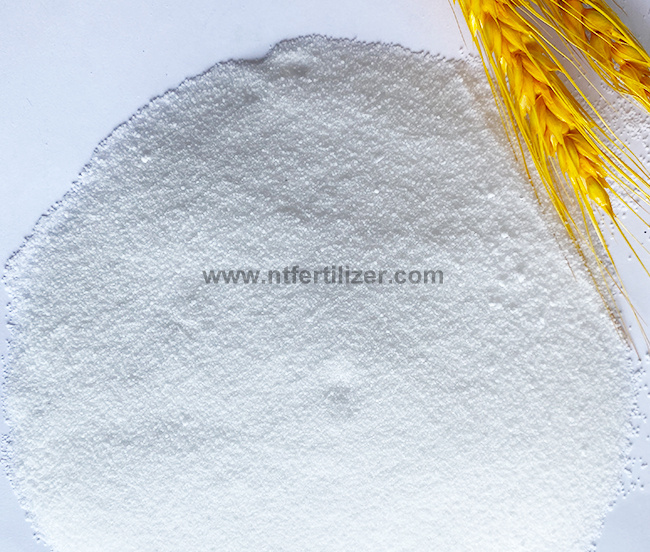 Ammonium Chloride
Ammonium Chloride 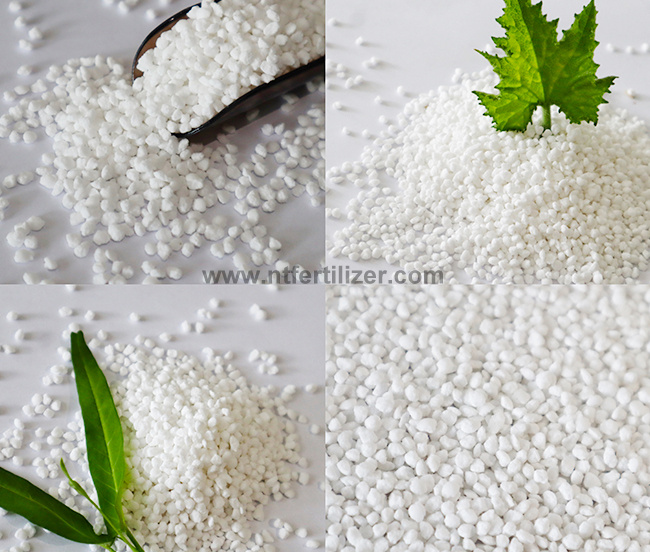 Ammonium Chloride
Ammonium Chloride 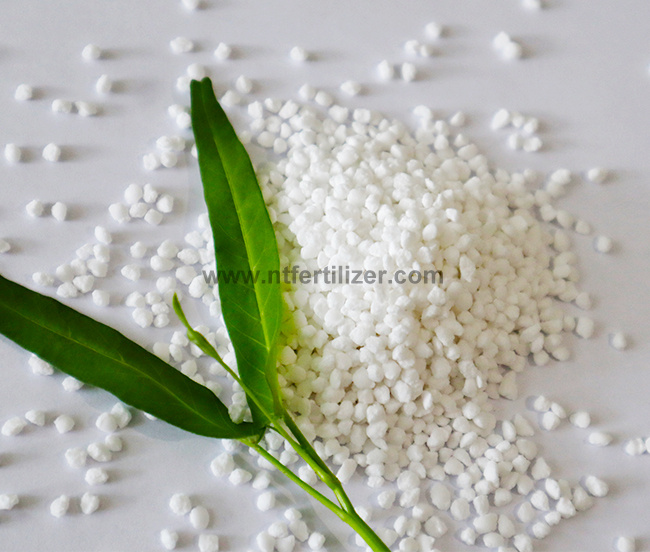 Ammonium Chloride
Ammonium Chloride 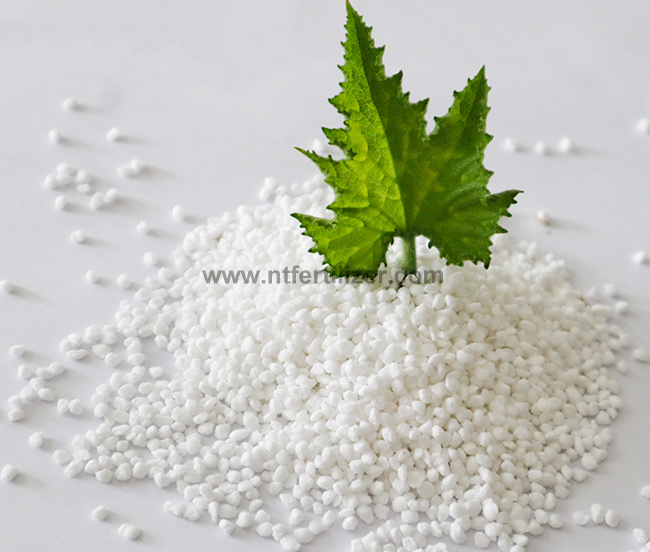 Ammonium Chloride
Ammonium Chloride 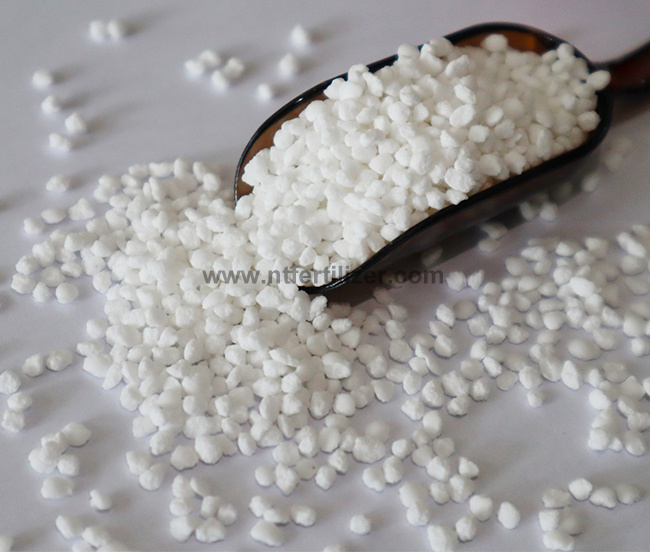 ammonium sulfate
ammonium sulfate 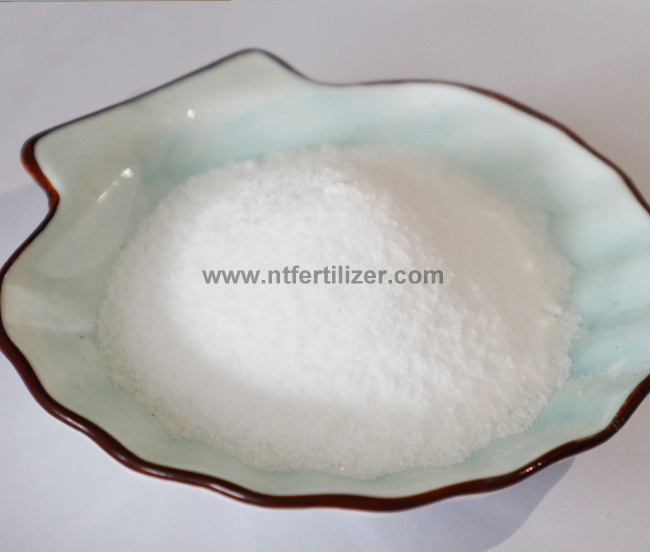 ammonium sulfate
ammonium sulfate 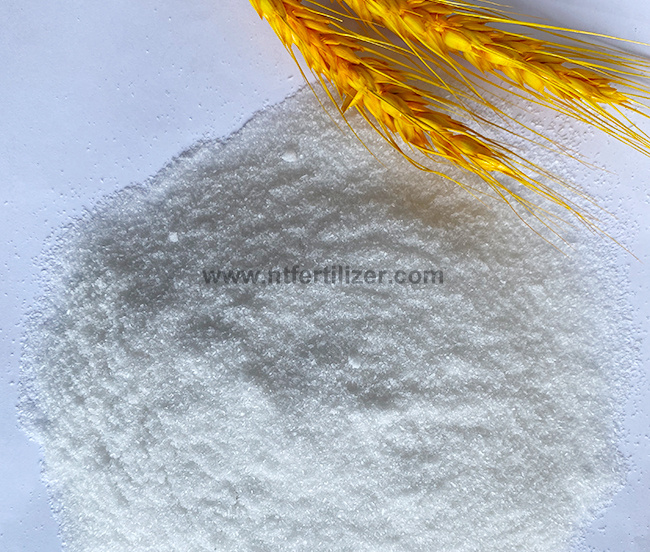 ammonium sulfate
ammonium sulfate